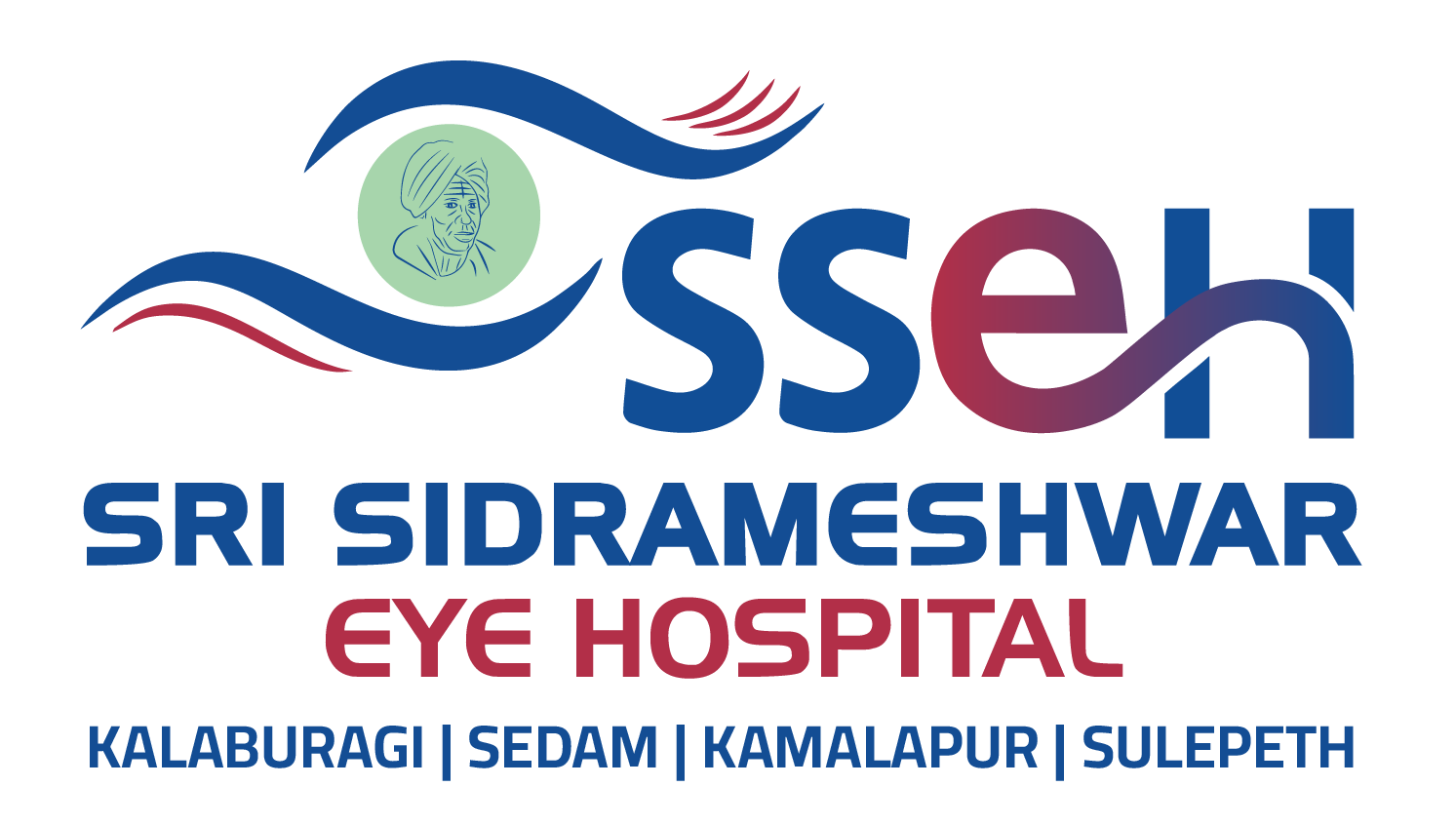Ocular inflammation, although often underestimated, can significantly impact eye health and quality of life. At Sri Sidrameshwar Eye Hospital, we recognize the importance of proactive management in combating this condition. Join us as we delve into the significance of ocular inflammation management and the comprehensive approach we adopt to preserve vision and ensure lasting comfort for our patients.
Understanding Ocular Inflammation
Ocular inflammation, also known as uveitis, refers to the inflammation of the uvea, the middle layer of the eye that includes the iris, ciliary body, and choroid. However, inflammation can also affect other parts of the eye, such as the retina, optic nerve, or sclera. This condition can manifest in various forms, including anterior uveitis (iritis), posterior uveitis, and panuveitis, each with its own set of symptoms and potential complications.
The Impact of Ocular Inflammation
Left untreated, ocular inflammation can lead to a range of complications, including vision loss, cataracts, glaucoma, retinal damage, and even permanent blindness. Moreover, inflammation in the eye can cause discomfort, redness, light sensitivity, and other symptoms that can significantly impair daily activities and overall well-being.
The Importance of Management
Effective management of ocular inflammation is essential not only for preserving vision but also for alleviating symptoms and preventing long-term complications. At Sri Sidrameshwar Eye Hospital, our approach to ocular inflammation management is multidimensional, focusing on both controlling inflammation and addressing underlying causes or contributing factors.
Comprehensive Treatment Options
Our team of specialists utilizes a variety of treatment modalities to tailor a management plan suited to each patient’s unique needs. This may include:
Topical and Systemic Medications: Anti-inflammatory eye drops, oral corticosteroids, immunosuppressive drugs, or biologic agents may be prescribed to reduce inflammation and control symptoms.
Steroid Injections: In cases of severe inflammation, intraocular or periocular steroid injections may be administered to deliver medication directly to the affected area.
Surgical Intervention: In certain situations, surgical procedures such as vitrectomy or implantation of sustained-release devices may be necessary to manage complications or persistent inflammation.
Lifestyle Modifications: Lifestyle changes, such as avoiding environmental triggers or adopting a healthy diet, may also play a role in managing ocular inflammation and promoting overall eye health.
Partnering for Long-Term Wellness
At Sri Sidrameshwar Eye Hospital, we believe in empowering our patients to take an active role in their eye health journey. Our team provides comprehensive education, support, and follow-up care to ensure that individuals understand their condition, treatment options, and the importance of ongoing management.
Conclusion
Ocular inflammation is a serious condition that requires prompt attention and proactive management. By prioritizing early intervention, comprehensive treatment, and patient education, we can effectively control inflammation, preserve vision, and enhance quality of life for those affected by this condition.
If you or a loved one are experiencing symptoms of ocular inflammation or have been diagnosed with uveitis, don’t hesitate to reach out to our team of experts. Together, we can develop a personalized management plan tailored to your needs and goals, paving the way towards lasting eye health and wellness.
Contact us today to schedule a consultation.



